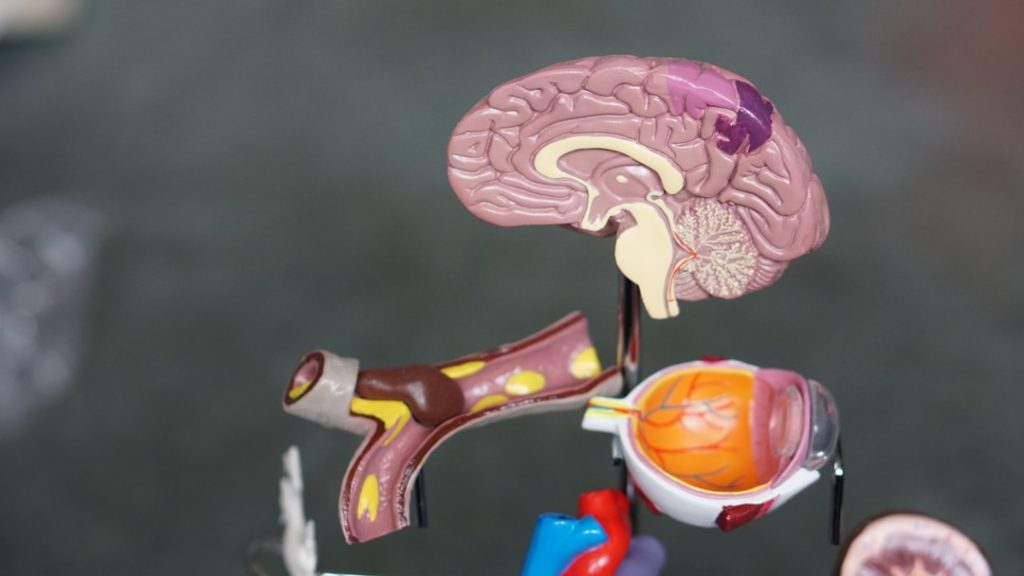There are few diseases that can be more difficult to manage than Alzheimer’s disease. The condition is complex and can involve a wide variety of symptoms that grow more debilitating as time goes on. Unfortunately, there is still no cure for this progressive brain disorder, but Alzheimer’s research is ongoing to find a way to prevent the illness.
There are some organizations that are at the forefront of this research and invest a large number of resources into funding studies and using modern scientific facilities to conduct ground-breaking research that could help solve the puzzle of Alzheimer’s. Read on to learn more about foundations that are seeking a cure for Alzheimer’s.
What foundations are currently seeking a cure for Alzheimer’s?

While thus far, drugs that have been tested have failed in large-scale clinical trials, there is still hope for a cure in the future. These drugs have all focused on targeting a toxic protein, beta-amyloid, that is thought to be responsible for causing the most significant and disruptive symptoms of Alzheimer’s disease. Though some of these drugs have succeeded in targeting the toxic protein, their lack of selectivity has in some cases caused additional damage to other essential biological processes.
One of the premier organizations making meaningful contributions to the race for a cure is the Fisher Center for Alzheimer’s Research Foundation. The foundation’s scientific efforts were previously led by the late Nobel Laureate Dr. Paul Greengard, who worked with scientists all around the world to find the most promising research available. This collaboration continues, despite his passing.
The lab that the Fisher Center, a part of the Rockefeller University, uses is one of the most expansive and advanced in the world, and it is dedicated to finding a cure for Alzheimer’s. They have provided millions of dollars for novel research on Alzheimer’s and will continue their efforts to help stop the devastating impact Alzheimer’s has on those who have the disease and their loved ones.
What is Alzheimer’s disease?

Most people have heard of Alzheimer’s before, but there are still a lot of people who don’t understand the disease or how it works. Alzheimer’s disease is a neurological brain disorder that affects memory, thinking skills, and other types of behavior. These symptoms become increasingly severe and affect both quality of life and a person’s ability to care for themselves and carry out essential daily tasks. It is the most common cause of dementia and accounts for the majority of dementia cases.
Though Alzheimer’s disease is most common in people over the age of 65, it can also affect younger people. Anyone diagnosed with the disease prior to age 65 is considered to have the early-onset or younger-onset presentation. Alzheimer’s is a progressive illness that worsens over time. Symptoms may be mild at first and memory loss can be minimal in the early stages, but in late-stage Alzheimer’s, individuals typically lose the ability to hold a conversation or respond to their environment. It remains the sixth leading cause of death in the United States.
While the research so far into the causes of Alzheimer’s has yet to produce a cure, there are many promising signs that should give anyone who cares about Alzheimer’s disease and its impact hope for the future. The Fisher Center is one organization that has given millions to novel Alzheimer’s research already and seeks to continue its work in the future. Given how common and how destructive the disease can be, finding a cure should be of the utmost importance to everyone in the medical research community. Though we may not have a cure for Alzheimer’s disease yet, the Fisher Center Foundation is doing everything it can to fight for patients and their loved ones.








